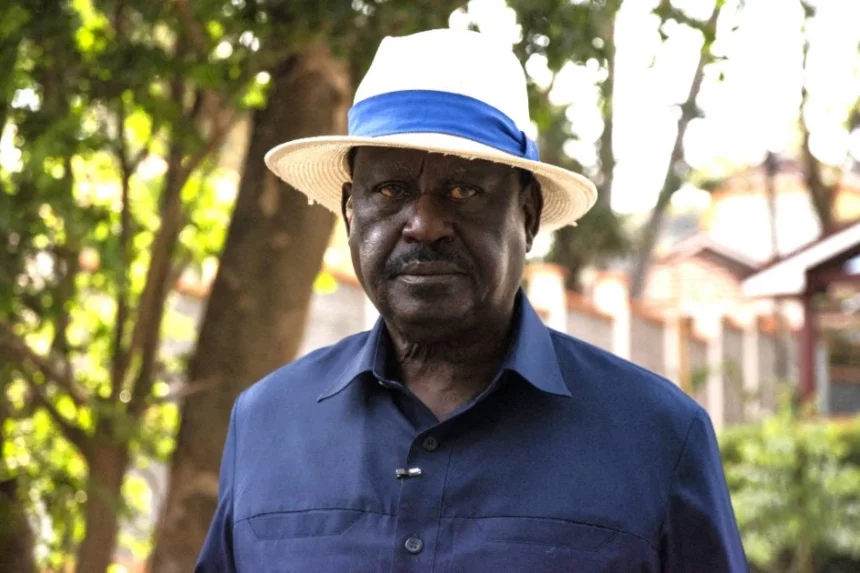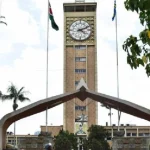A section of legislators has downplayed Orange Democratic Movement (ODM) party leader Raila Odinga’s calls for an urgent national dialogue to address Kenya’s socio-political and economic crisis that has seen thousands troop to the streets in protests over recent months.
Odinga on Monday said Kenyans are grappling with economic hardships and human rights violations and proposed the establishment of what he called a national conclave to chart a new path for the country through collective civic engagement and reform.
The broad-based, intergenerational conclave, Odinga said, would gather voices from across the political, generational, and regional spectrum.
He said it must be tasked with crafting “irreducible reforms and changes necessary to take the country forward,” and should culminate in a referendum to give citizens the final say.
However, Makueni Senator Dan Maanzo argues that such a forum is not the solution to the issues Kenyan youth have raised to President William Ruto’s government.
“As much as you want to have a discussion under a conclave, which would end up in a referendum and constitutional amendment, I don’t think we will have addressed the issues. The problems are more political; the country is unhappy with the politics of the day,” Maanzo told Citizen TV’s Daybreak program on Tuesday.
“When the country was unhappy with the 2024 Finance Bill, eventually, the National Assembly majority leader boasted that they still sneaked in the bill’s proposals with time, despite protests,” he added, referencing MP Kimani Ichungwah’s June comments on the unpopular bill that sparked deadly nationwide protests in 2024.
In the senator’s view, Kenya is faced with rampant corruption and incompetent leaders who can only be ejected through elections and not the so-called conclave.
“There is so much corruption, which is the main cause of all problems: across the police force and prosecution processes, people implicated in graft hold public office, and we have a very weak Cabinet. I don’t know how this conclave is going to address,” Maanzo said.
“We have a leadership problem, and to address it, the youth must register as voters so they can make their voices count in the next election.”
Tetu MP Geoffrey Wandeto, meanwhile, noted that certain reforms do not require a dialogue committee, saying: “police brutality and abductions – we just require an Executive decision.”
“Remove goons from the protests, who seem to be working with the police to brutalise people. Stop intimidating opposition politicians… Right now, the only tool the government seems to be using is brute force,” he said.
After losing the 2022 presidential race to Ruto, Odinga became the de facto opposition leader but has since formed an alliance with Ruto, which has seen him lose the support of other opposition politicians and Kenyans alike.
His Monday proposal came against the backdrop of the 35th anniversary of the historic Saba Saba protests for the approval of multiparty democracy in Kenya.
It is also amid growing public discontent against Ruto’s regime over the rising cost of living and a spate of police crackdowns on government critics and street protests, many of which have resulted in deaths and injuries.
Odinga outlined four key pillars for the proposed civic dialogue: deliberation through the conclave; police reforms; transparency and a renewed fight against corruption; and youth empowerment and economic inclusion.
The conclave, he added, should be led by “the most serious and sober minds in our nation.”



